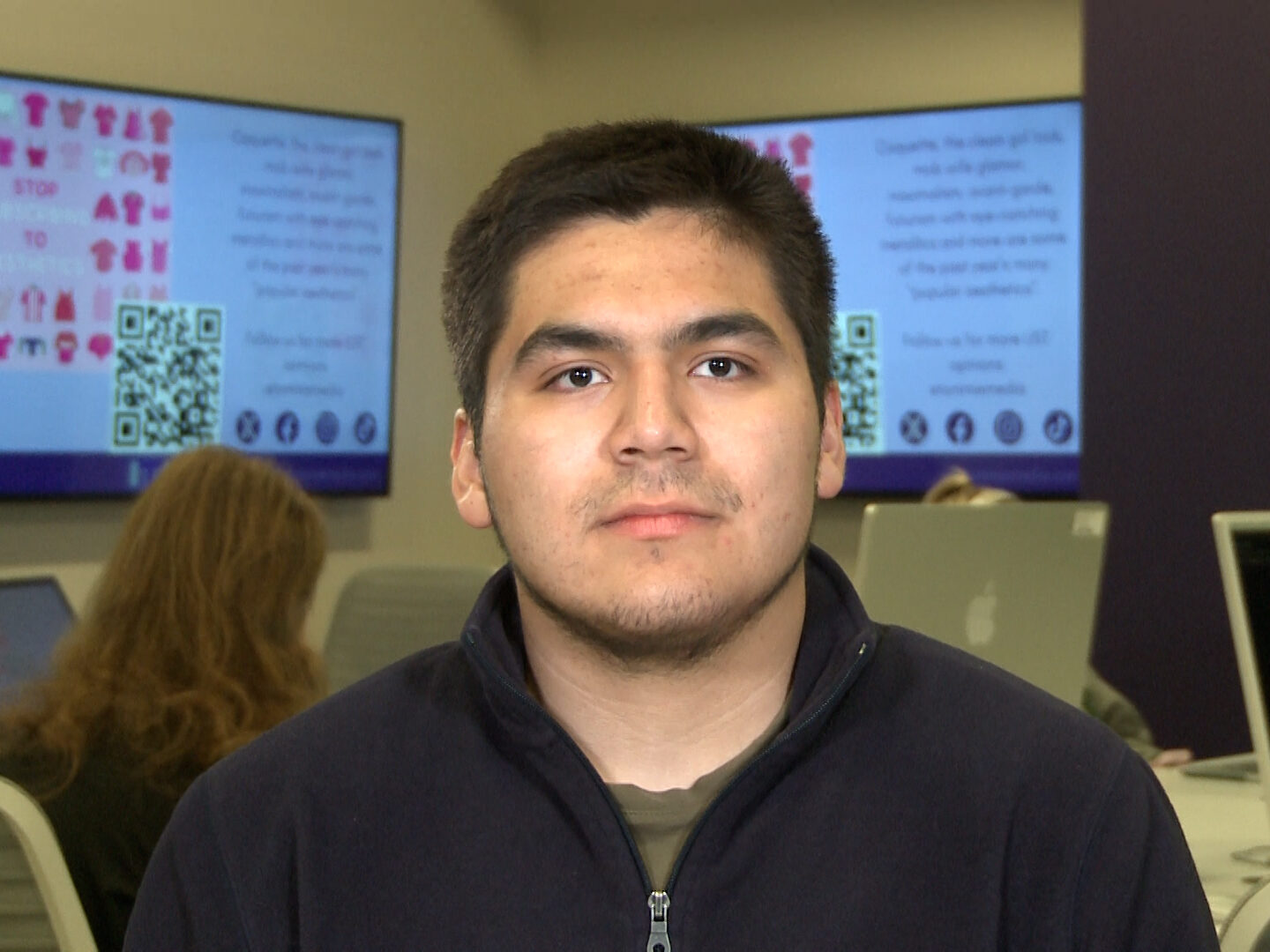Donald Trump was held in contempt of court Tuesday and fined $9,000 for repeatedly violating a gag order that barred him from making public statements about witnesses, jurors and some others connected to his New York hush money case. And if he does it again, the judge warned, he could be jailed.
Prosecutors had alleged 10 violations, but New York Judge Juan M. Merchan found there were nine. The ruling was a stinging rebuke for the presumptive Republican nominee, who had insisted he was exercising his free speech rights. Trump stared down at the table in front of him as the judge read the ruling, frowning slightly.
Merchan wrote that he is “keenly aware of, and protective of,” Trump’s First Amendment rights, “particularly given his candidacy for the office of President of the United States.”
“It is critically important that defendant’s legitimate free speech rights not be curtailed, that he be able to fully campaign for the office which he seeks and that he be able to respond and defend himself against political attacks,” Merchan wrote.
Still, he warned, that the court would not tolerate “willful violations of its lawful orders and that if necessary and appropriate under the circumstances, it will impose an incarceratory punishment.”
The ruling came at the start of the second week of testimony in the historic case. Manhattan prosecutors say Trump and his associates took part in an illegal scheme to influence the 2016 presidential campaign by burying negative stories. He has pleaded not guilty.
The Environmental Protection Agency said Tuesday it has finalized a ban on consumer uses of methylene chloride, a chemical that is widely used as a paint stripper but is known to cause liver cancer and other health problems.
The EPA said its action will protect Americans from health risks while allowing certain commercial uses to continue with robust worker protections.
The rule banning methylene chloride is the second risk management rule to be finalized by President Joe Biden’s administration under landmark 2016 amendments to the Toxic Substances Control Act. The first was an action last month to ban asbestos, a carcinogen that kills tens of thousands of Americans every year but is still used in some chlorine bleach, brake pads and other products.
“Exposure to methylene chloride has devastated families across this country for too long, including some who saw loved ones go to work and never come home,” EPA Administrator Michael Regan said in a statement. The new rule , he said, “brings an end to unsafe methylene chloride practices and implements the strongest worker protections possible for the few remaining industrial uses, ensuring no one in this country is put in harm’s way by this dangerous chemical.”
Methylene chloride, also called dichloromethane, is a colorless liquid that emits a toxic vapor that has killed at least 88 workers since 1980, the EPA said. Long-term health effects include a variety of cancers, including liver cancer and lung cancer, and damage to the nervous, immune and reproductive systems.
Hundreds of protesters gathered Monday at the University of Minnesota Twin Cities campus, setting up dozens of tents in solidarity with Palestinians. Dozens of students sat in and near the tents while others participated in a Muslim prayer outside on the campus.
The university said earlier Monday in a statement that it was closing several buildings “to ensure the safety of those who work and study on our campus” during protests that are expected to continue on campus in the coming days.
Ali Abu, who said he is a student protest organizer, said the students plan on staying “as long as possible,” even weeks, until their demands are met.

